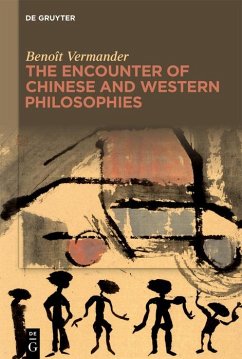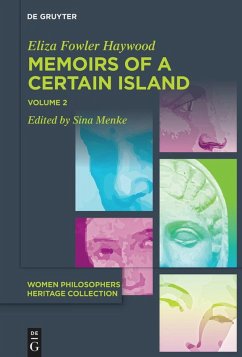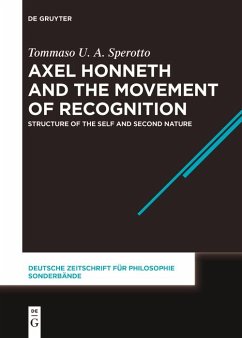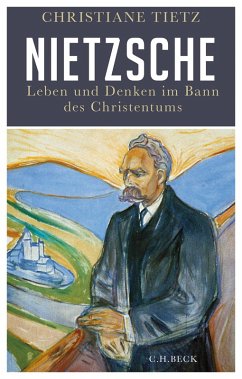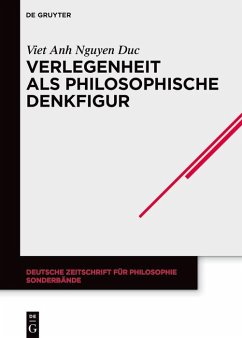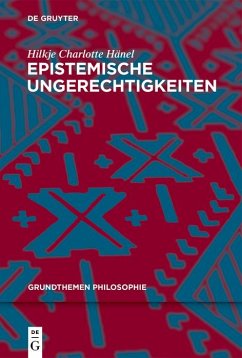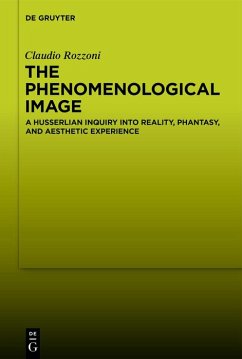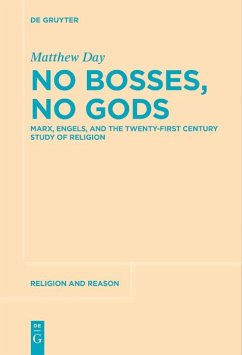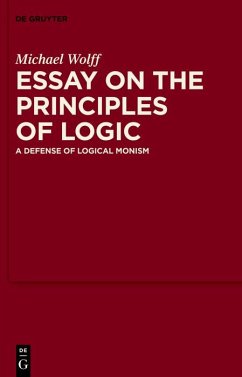
The Hatata Inquiries (eBook, ePUB)
Two Texts of Seventeenth-Century African Philosophy from Ethiopia about Reason, the Creator, and Our Ethical Responsibilities
Redaktion: Lee, Ralph; Belcher, Wendy Laura; Worku, Mehari / Übersetzer: Belcher, Wendy Laura; Worku, Mehari Zemelak; Lee, Ralph
Versandkostenfrei!
Sofort per Download lieferbar
84,95 €
inkl. MwSt.
Weitere Ausgaben:

PAYBACK Punkte
42 °P sammeln!
The Hatata Inquiries are two extraordinary texts of African philosophy composed in Ethiopia in the 1600s. Written in the ancient African language of Ge¿ez (Classical Ethiopic), these explorations of meaning and reason are deeply considered works of rhetoric. They advocate for women's rights and rail against slavery. They offer ontological proofs for God and question biblical commands while delighting in the language of Psalms. They advise on right living. They put reason above belief, desire above asceticism, love above sectarianism, and the natural world above the human. They explore the nat...
The Hatata Inquiries are two extraordinary texts of African philosophy composed in Ethiopia in the 1600s. Written in the ancient African language of Ge¿ez (Classical Ethiopic), these explorations of meaning and reason are deeply considered works of rhetoric. They advocate for women's rights and rail against slavery. They offer ontological proofs for God and question biblical commands while delighting in the language of Psalms. They advise on right living. They put reason above belief, desire above asceticism, love above sectarianism, and the natural world above the human. They explore the nature of being as well as the nature of knowledge, the human, ethics, and the human relation with the divine. They are remarkable examples of something many assume doesn't exist: early written African thought.
This accessible English translation of the Hatata Inquiries, along with extensive footnotes documenting the cultural and historical context and the work's many textual allusions, enables all to read it and scholars to teach with it. The Hatata Inquiries are essential to understanding the global history of philosophy, being among the early works of rational philosophy.
The book includes a translation by Ralph Lee with Mehari Worku and Wendy Laura Belcher of the Hatata Zara Yaqob and the Hatata Walda Heywat. The appendices by Jeremy R. Brown provide information on the scribal interventions in and the differences between the manuscripts of the two Hatatas. The book also includes a map, chronology, summary of the translation principles, and a discussion of the authorship debate about the Hatata Inquiries.
This accessible English translation of the Hatata Inquiries, along with extensive footnotes documenting the cultural and historical context and the work's many textual allusions, enables all to read it and scholars to teach with it. The Hatata Inquiries are essential to understanding the global history of philosophy, being among the early works of rational philosophy.
The book includes a translation by Ralph Lee with Mehari Worku and Wendy Laura Belcher of the Hatata Zara Yaqob and the Hatata Walda Heywat. The appendices by Jeremy R. Brown provide information on the scribal interventions in and the differences between the manuscripts of the two Hatatas. The book also includes a map, chronology, summary of the translation principles, and a discussion of the authorship debate about the Hatata Inquiries.
Dieser Download kann aus rechtlichen Gründen nur mit Rechnungsadresse in A, B, BG, CY, CZ, D, DK, EW, E, FIN, F, GR, HR, H, IRL, I, LT, L, LR, M, NL, PL, P, R, S, SLO, SK ausgeliefert werden.




